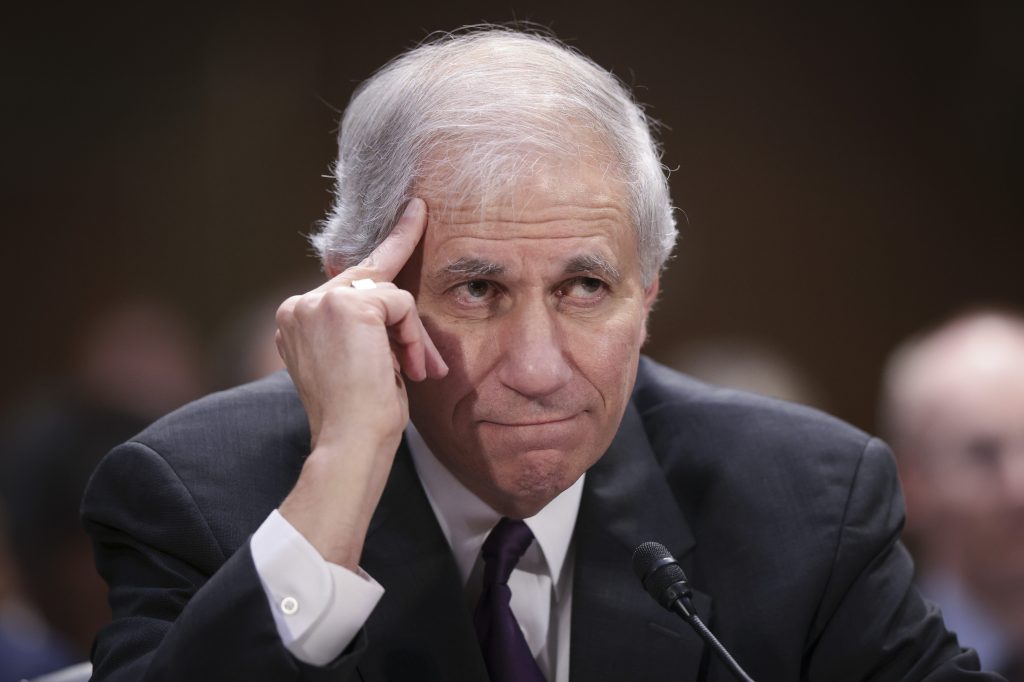A review of the Federal Deposit Insurance Corporation (FDIC) conducted by a US law firm found a toxic workplace where hundreds of employees complained of sexual harassment, discrimination and other misconduct which went largely ignored by the agency’s management.
The investigation was commissioned after the WSJ published a scathing
Register for free to keep reading
To continue reading this article and unlock full access to GRIP, register now. You’ll enjoy free access to all content until our subscription service launches in early 2026.
- Unlimited access to industry insights
- Stay on top of key rules and regulatory changes with our Rules Navigator
- Ad-free experience with no distractions
- Regular podcasts from trusted external experts
- Fresh compliance and regulatory content every day

















